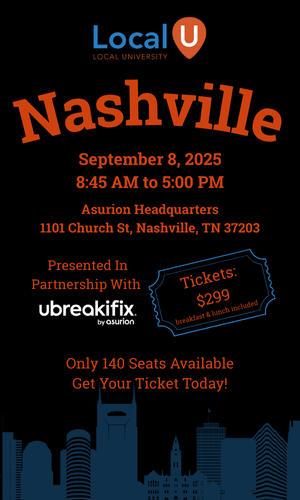- Joined
- Jul 19, 2012
- Messages
- 5,243
- Solutions
- 191
- Reaction score
- 2,944
I apologize ahead of time for dropping a question about the dreaded canonical tag. But, since we have such a bright community I thought I would give it a shot 
I'm wondering if removing a canonical tag from a URL takes away some "juice" or domain authority from the URL that it was pointing at?
Very curious to see if this is a straightforward answer or if it depends on a bunch of other factors. I'm guessing the latter.
I'm wondering if removing a canonical tag from a URL takes away some "juice" or domain authority from the URL that it was pointing at?
Very curious to see if this is a straightforward answer or if it depends on a bunch of other factors. I'm guessing the latter.




